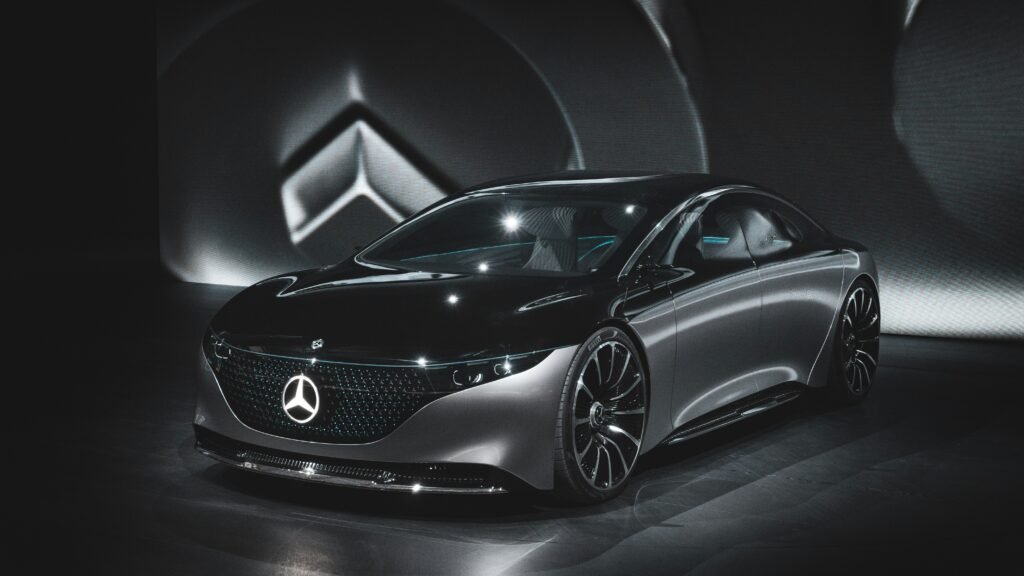
Latest Rumors and Speculations on Upcoming EV Models
The electric vehicle (EV) industry is abuzz with exciting rumors and speculations about upcoming models, capturing the attention of enthusiasts and potential buyers alike. Among the most anticipated releases are the new models from industry giants such as Tesla, Rivian, and Lucid Motors. According to insider tips, Tesla is reportedly working on a refreshed version of the Model S, which is expected to feature a more streamlined design and enhanced autonomous driving capabilities. Leaked documents suggest a possible release date in late 2024, promising significant advancements in battery technology and range.
Rivian, another prominent player in the EV market, is rumored to be developing a compact SUV, potentially named the R2S. This model is speculated to offer a versatile and rugged design, catering to outdoor enthusiasts. Sources indicate that the R2S may come with advanced off-road capabilities and a range exceeding 300 miles, with a tentative release in early 2025. This move aligns with Rivian’s strategy to expand its portfolio and capture a broader market segment.
Lucid Motors is also making headlines with whispers about a new luxury sedan, tentatively called the Lucid Air Grand Touring. Industry insiders reveal that this model could boast an impressive range of over 500 miles on a single charge, coupled with cutting-edge interior technology and a sleek, aerodynamic design. Expected to debut in mid-2025, the Lucid Air Grand Touring aims to set new standards in the luxury EV market.
In addition to these major players, several other manufacturers are reportedly entering the EV arena with innovative models. Companies like Fisker, Canoo, and Byton are all rumored to be working on electric vehicles that promise unique features and competitive pricing. Fisker’s Ocean SUV, for instance, is anticipated to offer solar roof panels and a range nearing 350 miles, potentially launching by late 2024.
These rumors and speculations provide a tantalizing glimpse into the future of electric vehicles. As advancements in design, performance, and technology continue to evolve, the EV market is poised for a dynamic transformation, offering consumers more choices and enhanced driving experiences.
Emerging Technologies and Industry Trends in the EV Market
The electric vehicle (EV) industry is undergoing a rapid transformation, driven by a slew of emerging technologies and evolving trends. One of the most significant advancements is in battery technology. Innovations in solid-state batteries promise higher energy densities, faster charging times, and enhanced safety features, potentially revolutionizing the range and performance of future electric vehicles. These advancements are pivotal in addressing the range anxiety that has long been a barrier to widespread EV adoption.
Another noteworthy development is in autonomous driving capabilities. Companies like Tesla, Waymo, and traditional automakers are investing heavily in artificial intelligence and sensor technologies to bring fully autonomous vehicles to market. These advancements are expected to not only improve road safety but also redefine the driving experience by transforming vehicles into mobile living spaces. The integration of autonomous technology with electric vehicles represents a significant leap forward in the automotive industry.
Charging infrastructure is also evolving rapidly. The development of ultra-fast charging stations, capable of delivering a substantial charge in just a few minutes, is critical for the mass adoption of EVs. Companies and governments worldwide are investing in expanding the charging network, making it more convenient for EV owners to charge their vehicles on the go. Moreover, innovations in wireless charging technology could soon allow for seamless, cable-free charging experiences.
Expert analyses highlight that these technological advancements are not occurring in isolation. They are part of broader industry trends that include shifts in consumer preferences towards more sustainable transportation options and regulatory changes aimed at reducing carbon emissions. Governments are implementing stringent emission standards and providing incentives for EV purchases, further accelerating the market transition. Additionally, the competitive landscape is intensifying, with new entrants and traditional automakers vying for a share of the burgeoning EV market.
As these technologies and trends continue to evolve, they are poised to reshape the future of mobility, making electric vehicles more accessible, efficient, and integrated into our daily lives.